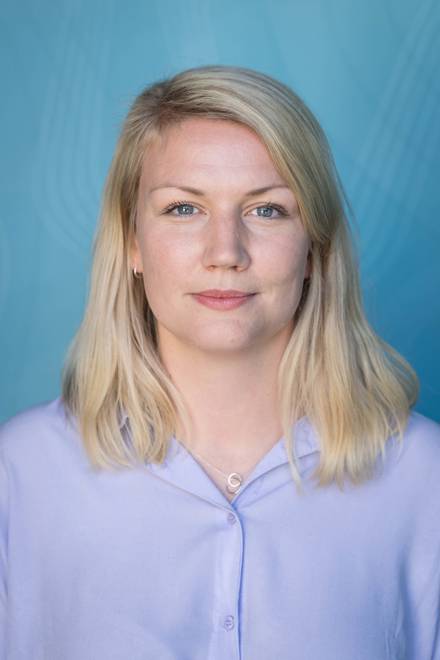Major research interests include social conflict, state repression, and civil society organizations, and the links between food insecurity and conflict.
Current research projects also include topics related to the effectiveness of mass mobilization on transitions to democracy, and pro-authoritarian protests across regime types.






